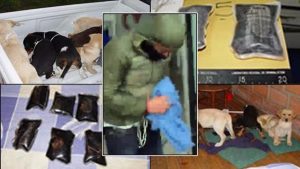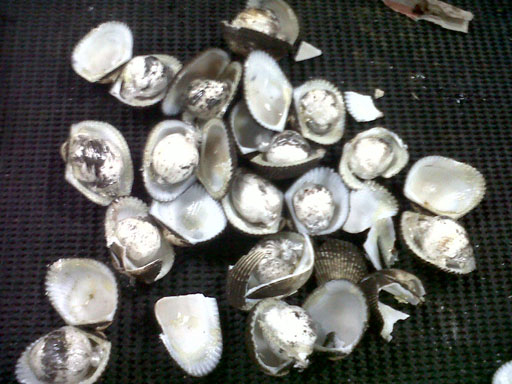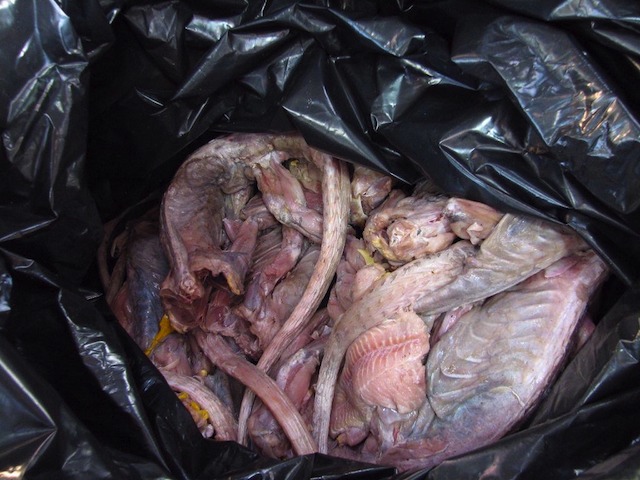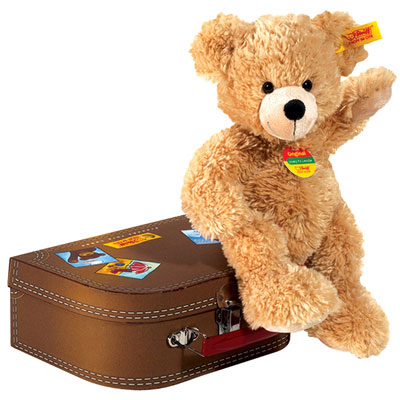Jackie Botts of Reuters writes that a Colombian veterinarian who surgically implanted liquid heroin inside live puppies to smuggle the drug into the United States was sentenced to six years in prison on Thursday.
 Andres Lopez Elorez, 39, admitted conspiring to import heroin and will be deported to Colombia after his sentence, according to federal prosecutors in Brooklyn, New York.
Andres Lopez Elorez, 39, admitted conspiring to import heroin and will be deported to Colombia after his sentence, according to federal prosecutors in Brooklyn, New York.
“Every dog has its day, and with today’s sentence, Elorez has been held responsible for the reprehensible use of his veterinary skills to conceal heroin inside puppies as part of a scheme to import dangerous narcotics into the United States,” Richard Donoghue, U.S. Attorney for the Eastern District of New York, said in a statement.
According to prosecutors, between 2004 and 2005 Elorez leased a farm in Medellin, Colombia, where he reared dogs and sewed bags of liquid heroin into nine puppies for importation to the United States.
During a search of the farm in 2005, foreign law enforcement agents seized 17 bags of liquid heroin weighing nearly three kilograms (6.6 lb), including 10 bags extracted from the puppies. Three puppies died after contracting a virus following the surgeries, U.S. prosecutors said.






 scam along with Attorney General Eric Schneiderman.
scam along with Attorney General Eric Schneiderman. border at Otay Mesa on June 10, 2011.
border at Otay Mesa on June 10, 2011. Thailand, according to Colonel Kiattipong Khawsamang of the Nature Crime Police.
Thailand, according to Colonel Kiattipong Khawsamang of the Nature Crime Police..jpg) eyeing the new shipment hungrily.??Clearly, they couldn’t wait to get a taste.??
eyeing the new shipment hungrily.??Clearly, they couldn’t wait to get a taste.?? issues are cultural. When it comes to dairy farming, becoming a smuggler was the only way to maintain a pure, Amish way of life.“
issues are cultural. When it comes to dairy farming, becoming a smuggler was the only way to maintain a pure, Amish way of life.“